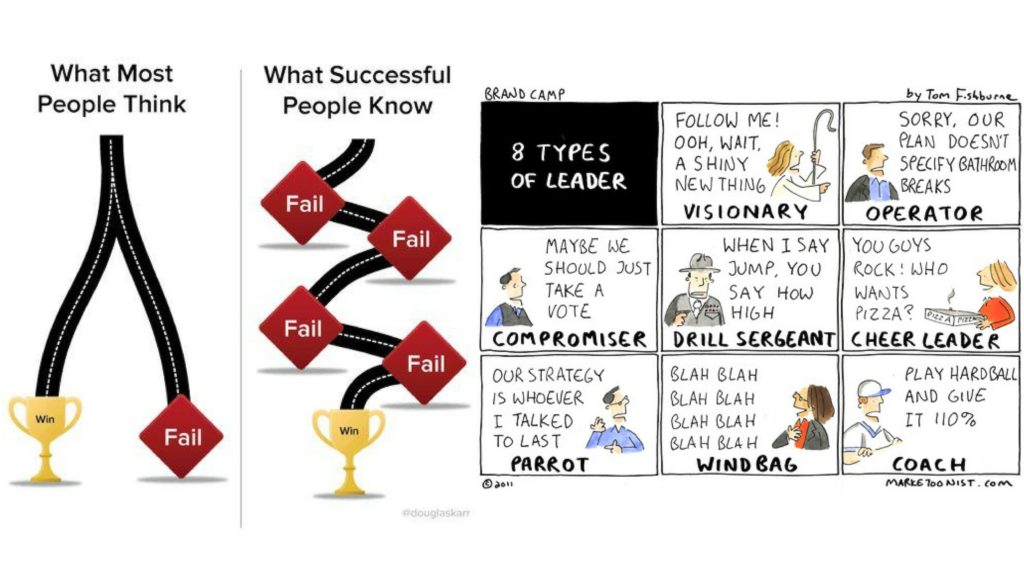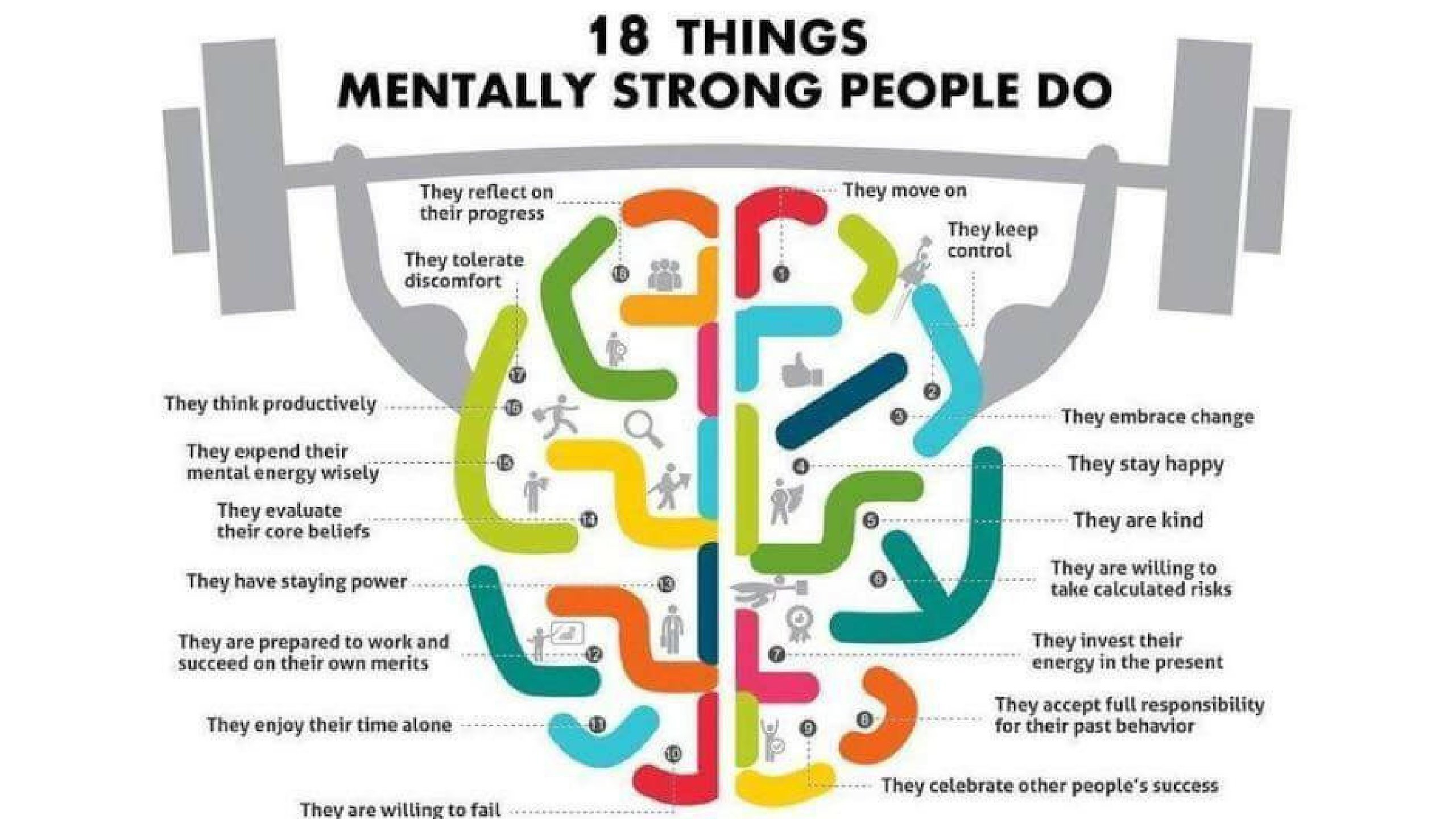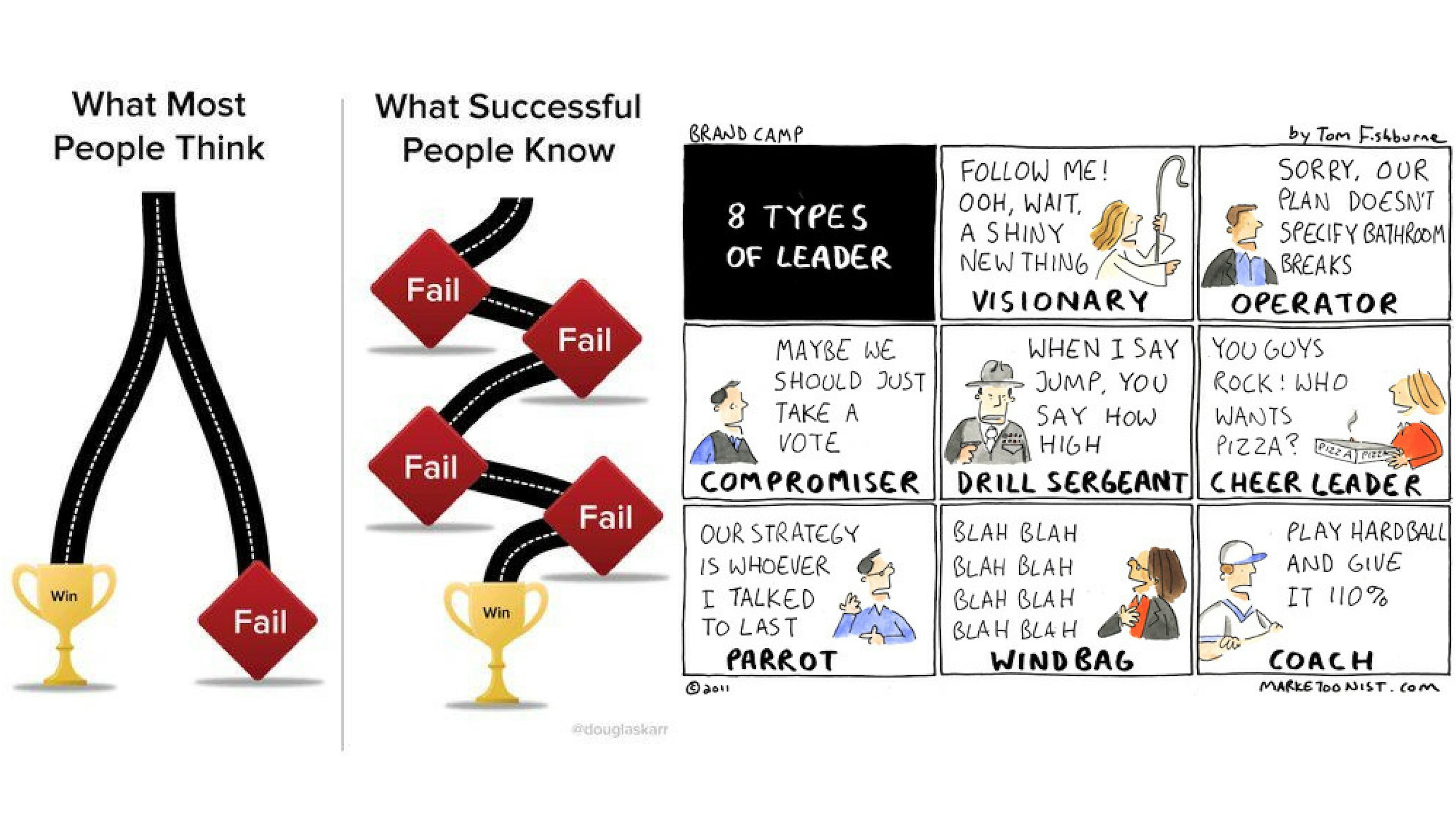6 paths to better leadership

Out of curiosity, what is your leadership DNA? I know from my own life experiences as an educator, a leader, a parent, as well as an everyday human, is that everybody has a leadership DNA in some capacity.
I am not sure if there are better paths to leadership and they are certainly not limited to 6. Being a leader is an evolutionary process and it is through self- awareness and reflection that we develop. It is about who you are and the quality of your character.
With experience, you can evolve either as a better leader or a less efficient one.
Every day is a different day -whether you are a school leader, a CEO of an organisation or business or even the Prime Minister.
We are all well aware of how the latter is having to deal with her leadership battles while the ongoing debate about Brexit rages on.

It is how we deal with the issues that arise and find solutions that define us as leaders. Leadership is a muscle – the more you exercise and discipline it with care, compassion, self–reflection and awareness, integrity and humility, the better a leader you become.
The early year’s child who takes charge when playing, parents at home, the class teacher in their classroom or the shop keeper, are all leaders in their own setting. They react to circumstances and will find ways forward, despite what has happened. You don’t need a fancy title to be known as a leader.
Often what leaders need are what I call the “Itty Ditties.” Core values and skills that allow them to redefine themselves as leaders each time an event happens, or a crisis occurs. They are endless, and each one is important and inextricably linked when acting as a leader.
Here are 6 of some the “Itty Ditties” that all leaders should develop as part of their leadership DNA to help them succeed:
1. Integrity
A much talked about topic; integrity is all about your core values. It is also about what you are willing to do to ensure that the right decision is achieved.
Leaders have immense power and must always ensure that all actions are just and reasonable. Moreover, in everything we do, we have to be led by integrity.
That also means being surrounded by trusted people who will challenge us for the right reasons and tell us the truth even when we don’t like it.
In all leadership teams and organisations, there has to be the threat of appropriate challenge- if things are not going well. Moreover, there also has to be a solution-focused approach to solving things for the better.
2. Community
Ensure you know your staff – from your colleagues in the leadership team to the cleaner who comes in and cleans each day and often goes unnoticed. Get to know every one of them as each one plays an essential role in the smooth running of your organisation.
People write books on those “soft skills.” Taking time out in your busy and hectic day to find out about your staff’s lives is invaluable. It pays dividends. Once in a while, take a break in the staffroom.
The staff might initially get the “heebie-jeebies” but after a while, they will get used to it and will eventually realise that you genuinely want to get to know them and you are not “out to get them.”
When people make mistakes or are being difficult, remain the exemplary role model within the school and wider community. Be firm and decisive when action needs to be taken and have those hard conversations.
Everyone needs to know you are willing to have them but you will act justly and fairly in the process and will always behave with integrity.
It takes courage to tackle things that are challenging that are not ideal for the wellbeing of pupils and staff or for the organisation you work for. Take guidance from the 13th-century Persian philosopher Rumi, “Raise your words, not your voice. It is rain that grows flowers, not thunder.”

3. Creativity
Innovate, inspire and create a compelling vision for all stakeholders. Encourage collaboration and creativity and forge strong and effective partnerships amongst your staff and the wider community and networks.
Allow others the freedom to contribute to the vision you have created. Empower your staff by enabling them to suggest ideas and beliefs and give them ownership of the curriculum. Let them run with it as long as they have made calculated risks and all pupils and staff are taught to excel and enjoy.
Some ideas may not work out but others may. Develop a system-led leadership and approach which is sustainable even when you are not present. By enabling and empowering staff to carry out and embed ideas systematically -, you are nurturing talent and creating a team that is on their “A game” all the time. “It isn’t about how good you are; it is whether you are good enough!”
4. Humility
Whatever happens, remain humble. Maintain a developmental approach and not a judgmental approach. School leaders deal with humans and every day will be different.
Adjust your wins with your losses. Take on feedback but be discerning as to what is right for your school or organisation. Congratulate yourself once in a while and marvel when serendipity (another “Itty Ditty”) occurs. It keeps you going!
Remain compassionate with all the people you deal with and value them whatever level they are and whoever they are.
Continue to be humble and build bridges even when things get tough. Don’t worry about your ego – get used to it being bruised often.
Always be open and transparent about what’s working well and what needs to improve. People admire authenticity and imperfection in leaders. Share your vulnerability with those trusted colleagues you have in your inner circle. As Brene Brown, the author of Daring Greatly says, “Vulnerability is the birthplace of innovation, creativity and change.”

5. Credibility
Know your onions! Credibility is critical in being a successful leader. Read up about the latest research and get to grips with the school’s or the organisation’s hard and soft data. If you don’t know about something, study and learn about it thoroughly and ask incisive questions. You want to be known as a safe pair of hands.
Take a leaf out of Abraham Lincoln’s books. Apparently, he had very little knowledge about military strategy and sat down armed with military books and self -taught himself, so he could succeed in winning the American Civil War! – America’s biggest and bloodiest constitutional crisis.
Aim to teach, at least once a half term, particularly the most challenging class in the school, no matter how high up you get. If you can handle those pupils and still get them to learn – you will develop “serious street cred!”
Word will be out that you can teach as well as lead – not just amongst staff but pupils too, Senior leaders who can still teach great lessons, earn respect even from the most challenging staff member or pupil, even if it may be begrudging.
What’s more, both teachers and pupils benefit by getting to observe a master class. What’s not to love?
6. Opportunity
Be a pioneer and create opportunities for staff and pupils at all levels. Every person in your school or organisation should have clear aspirations for their personal life and their work life.
Know their goals for both and create five-year plans whereby they can achieve this. Allow your staff to grow and always treat them equally. When it comes for them to leave, for new pastures, be happy for them and encourage them to take the next leap on their journey.
David Packard of the tech giant, Hewlett Packard, was insistent that “management has a responsibility to its employees, to its customers and to the community at large.”
Together, Bob Hewlett and David Packard pioneered ideas that seemed radical at the time, such as flexible working hours, medical benefits and operating an open door policy and offices. They created opportunities for their staff that are still relevant, even today.
In fact, a 12-year-old Steve Jobs cold called Bob Hewlett for spare parts and found that he had personally sorted this. He ended up being given the opportunity to work at HP for the summer. Who would have known that he would become the future founder and CEO of Apple!
In this current crisis of teacher retention, listening to and supporting all your staff has never been more vital.
Network and get to know the local schools and the wider community. Welcome all organisations especially recruitment agencies, nearby schools, local businesses and teacher training colleges. They will become your” go to people” when you need support, advice or want to push an innovative project, or hire talented staff or dare I say it, even have a laugh!

Share your ideas and success with others and allow yourself to regenerate continuously. Great leadership is about creating a culture and ethos where “egos are left at the door” and people of all backgrounds can connect, collaborate and “create magic as a team.”
It can be lonely at the top and there are times when people will really push you to the brink. Stay calm and focused on your vision, core values and objectives. Don’t get mad. It isn’t worth it.
As Aristotle, the ancient Greek philosopher, argues in “The Art of Rhetoric”, “Anybody can become angry- that is easy. But to be angry with the right person, to the right degree, at the right time. for the right purpose and in the right way”, that is the most powerful anger of all.
Leadership is not just about those “Itty Ditties.” It is also about being a phoenix and a unicorn and knowing when to say, “No”.
A Phoenix- because you are continually recreating yourself as a leader and disciplining your leadership muscle- to be values-led and resilient. Especially in the face of adversity. A unicorn- as your influence and power can add a magical sparkle to any project or organisation.
Moreover, when people ask you to do something that you don’t agree with or aren’t right, -look them in the eye and tell them softly and sweetly but with a steely smile, “I am sorry- but that just isn’t part of my leadership DNA!”



Thankyou Nilakshi !! High praise indeed. Glad you liked it.
There are two Bengali proverbs that my parents used to teach us when we were young that resonates with me today in these difficult times:
“Be careful of how you act…For any good or bad action, if the eyes don’t show it, the mouth doesn’t say it, the heart will sing it and say it forevermore. Ensure your actions are good and righteous, so the heart sings the most positive of songs! ”
AND
“ Treat the person well and give them their value before the sweat has dried on their skin “.
Have a fabulous week Nilakshi !! Stay happy , safe and well with your loved ones ! ☺️
Thank you for these profound proverbs. I’m definitely going to share these this evening at the dinner table. By the way, I really like the Integrity point you make. I have an interpretation of integrity that is poignant for true leaders – always do what you say you will do and always do as you are expected to do.
Agree with this whole heartedly, it is the path of failure first that leads to the path of success! A wonderful way of depicting this. Thank you!
Wow !! The proverbs are going to be talked about during your dinner time. That’s Uber prime time in our house !!! Honoured and humbled Nilakshi !
Totally agree with your comments re integrity. I have used the phrase “ That’s not part of my leadership DNA ….“ gently and calmly, always with a measured and considered approach, a few times , when I have dealt with miscreant leaders in my time (in good faith mais oui ) …! It never fails … their eyes pop out initially but they know that this lady is not for turning!!!
Integrity and sincerity always win. Enjoy the bounty of your table and the company of your loved ones Nilakshi! Ramadan Mubarak ?